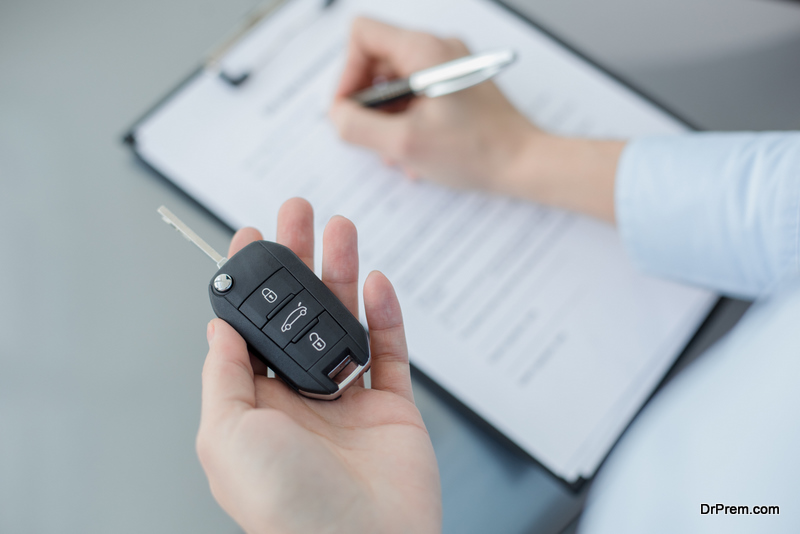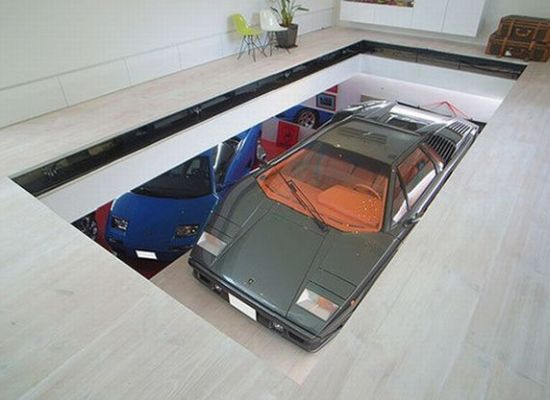Making the decision to lease a brand-new car or buy one by financing it for a set amount of months, can be a tough decision since there’s distinct advantages and disadvantages to both options. According to Driver Buddy, it all comes down to your individual circumstances and, of course, budget.
Let’s take a look at leasing first.
Leasing

When you lease a car, you enter into what’s called a Business Contract Hire or BCH, which is sort of like a long-term loan. How does this differ from buying a car? Think of leasing as renting an apartment. You never actually own your home. Therefore, you don’t own your vehicle. You’ve entered into an agreement to use it for however many months you’ve signed on for in the contract, which is usually anywhere from 2-5 years.
Warranties, Restricted Mileage, and Forced Service
When leasing, you will be required to pay an initial deposit and from that point forward you will pay a specific amount each month. Also, it’s common for you to be restricted on the amount of miles you can drive. According to Gordon Levinson, a car accident lawyer, it’s important for you to look at the fine print of your contract. For example, if you get into a car accident on a lease, you still owe all remaining payments on the lease.
If you happen to go over the mileage limit, you will be required to pay an additional “per extra mile” fee. When it comes to warranty, you will be offered a package that suits your budget. Since the vehicle will more than likely be brand new when you drive it off the lot, you will be offered the manufacturer’s standard three-year warranty or something very similar. Unlike when financing a new car, your contract will require you to have the vehicle serviced on time, with penalties applying if you do not abide by this clause. The best bet is to purchase a service package. It will be less expensive in the end. Naturally, you need the proper insurance to cover a collision and/or damage to the car.
Leasing Means Lack of Investment
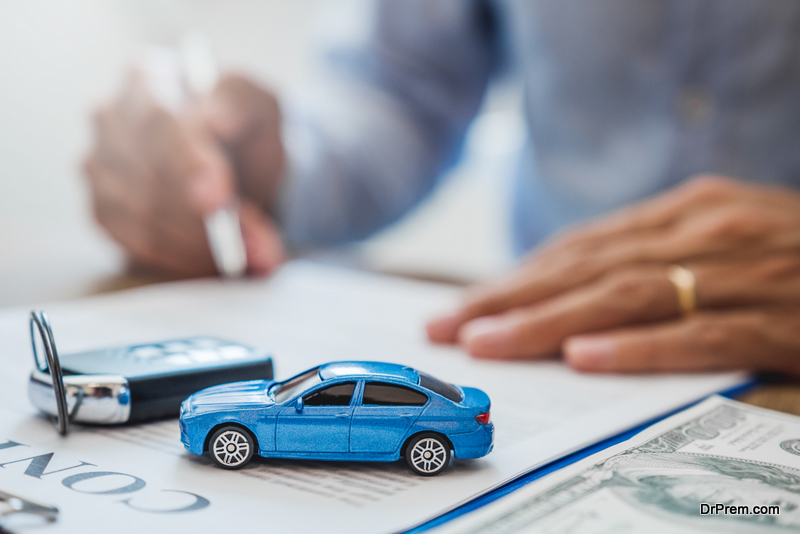
At the end of your lease, you will return the vehicle and hand in the keys. In short, you will have nothing of value to show for all those monthly payments you made. Says Driver Buddy, that’s the moment you will be faced with a decision. Do you lease another vehicle? Or do you buy and/or finance a car and in the process, invest in something of value?
Financing
Many people believe that financing a car, truck, or SUV is a far better option than leasing for the simple reason that, when the monthly payments are up, you have something of value that you own. You can decide to keep driving the same vehicle for as long as it runs, and all you’ll have to pay is routine maintenance. You also don’t have to worry about a service schedule, or about what kind of condition you choose to keep the vehicle in. In a word, owning your own car means no deadlines.
On the other hand, when you a buy a car, you have a choice of either laying out a large chunk of change if you choose to pay cash, or you can finance. Financing means you will be paying interest on top of the total cost of the vehicle. When you consider that a car depreciates in value the moment you drive it off the lot, the cash outlay can seem fairly daunting. That’s why leasing is attractive to some, more cash strapped folks. Simply put, leasing a vehicle is less expensive. But then again, when you buy, you are investing in something that has a specific value, even if that value has depreciated over time. When you lease, you are throwing your money away.
Buying Means Freedom
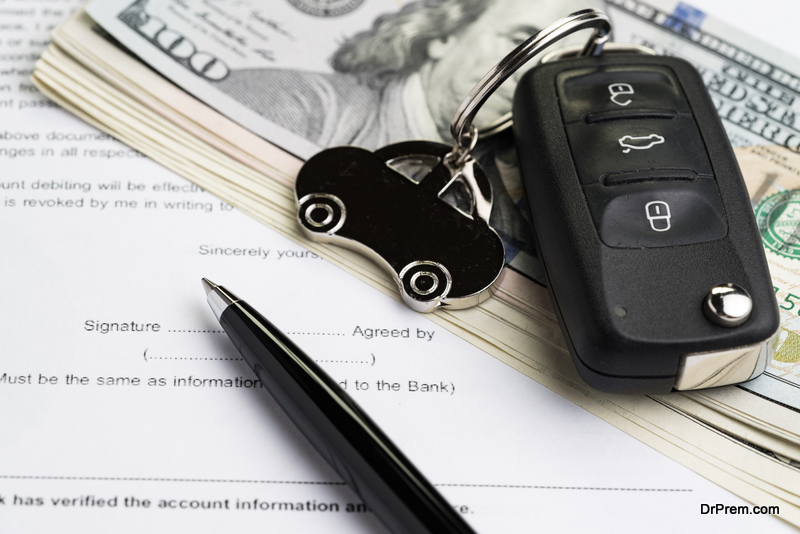
Say you’ve had your eye on that brand new red Chevy that’s been prominently displayed on the lot for many weeks now, but you don’t have the cash to pay for it outright. How many years should you finance your new Chevrolet? Financing your new car will require it to be bound by a timeframe of 2-6 years. But if you can manage to buy it outright, you won’t have to pay interest. You also own something that’s entirely yours, and doesn’t belong to the bank which can repossess it should you become delinquent on your monthly payments.
So How Much Does it Cost to Own your New Car?
Prior to signing on the dotted line for your new car, you will want to add up all the costs of ownership. The costs will include but are not limited to the initial deposit, the monthly payments, vehicle excise tax, depreciation, fuel, insurance, maintenance and service fees, and more.
Warranties
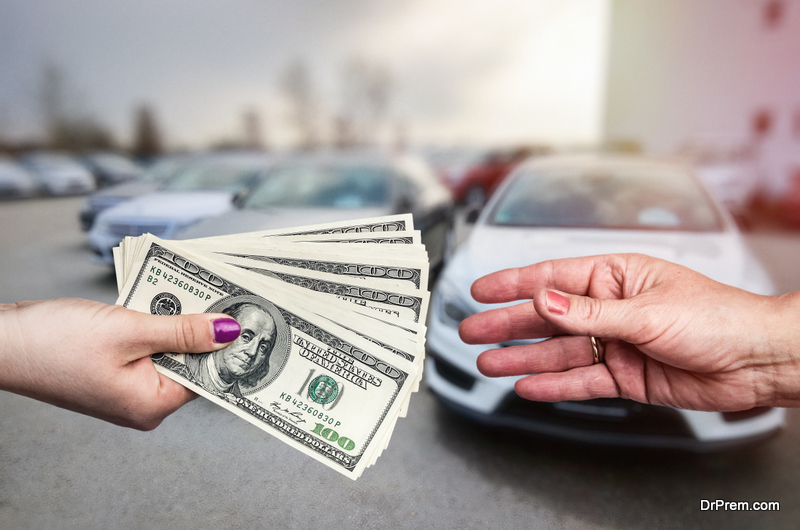
Also before you sign for your new red Chevy, you will want to give the warranty a thorough going over. The reality of the US auto industry is that not all warranties are the same, and in fact, many don’t include basic items like new tires, or repairs to heating and cooling systems. Extended warranties ensure you’re prepared when unexpected damage occurs that aren’t covered by the manufacturer’s warranty. That way you never have to worry about going into debt and/or empty your savings account to pay for a surprise breakdown.
In the end, leasing is a great way to get yourself behind the wheel of a brand-new car without having to shell out big bucks for purchasing and/or financing it. However, when you hand those keys back in, you will have nothing to show for all those costly monthly payments. But when you own your own vehicle, you have something of value that you can sell one day, or trade in. In the meantime, just be sure to possess the right kind of warranties, both manufacturer’s and extended. If you are fully covered, you won’t break your bank account if something goes wrong down the road.
Article Submitted By Community Writer


